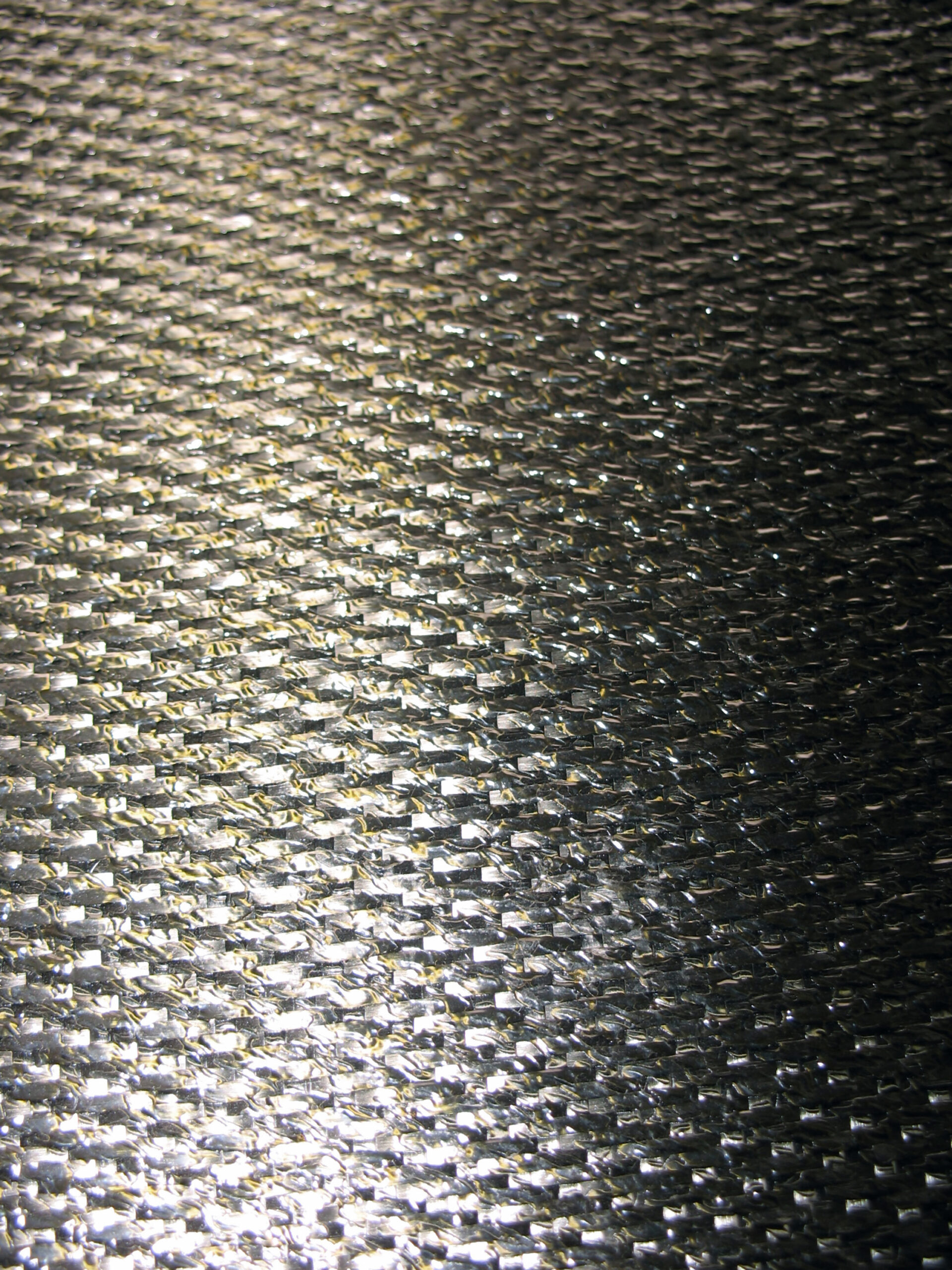Is Mold Making You Sick? Common Signs and Symptoms, Plus Natural Remedies That Work
Mold is a type of fungus that grows in damp or wet areas. It can be found both indoors and outdoors, and it comes in many different colors and shapes. While mold is not always dangerous, exposure to certain types of mold can cause health problems for some people. In this blog post, we will explore the common signs and symptoms of mold exposure, as well as natural remedies that may help alleviate these symptoms.
Common Signs and Symptoms of Mold Exposure
The most common sign of mold exposure is respiratory problems. People who are exposed to mold may experience coughing, sneezing, runny nose, congestion, wheezing, chest tightness, and shortness of breath. Other symptoms include headaches, fatigue, skin rashes, eye irritation, and difficulty concentrating. Some people may also experience gastrointestinal symptoms such as diarrhea, nausea, vomiting, and abdominal pain. These symptoms can range from mild to severe depending on the amount of mold present and the individual’s sensitivity to it.
The Dangers of Long-Term Mold Exposure
Prolonged exposure to mold can lead to more serious health problems over time. This includes chronic respiratory conditions such as asthma, bronchitis, and emphysema. Mold exposure has also been linked to an increased risk of developing lung cancer and other types of cancer. Additionally, mold exposure has been associated with neurological disorders such as depression, anxiety, memory loss, and seizures. Children, elderly individuals, and those with weakened immune systems are particularly at risk for negative health effects caused by mold exposure.
Natural Remedies for Mold Exposure
There are several natural remedies that have been shown to help alleviate symptoms of mold exposure. One effective remedy is to consume foods high in antioxidants, which can reduce inflammation and support the body’s detoxification processes. Foods rich in antioxidants include fruits like blueberries, blackberries, and pomegranates, as well as vegetables like kale, spinach, and broccoli. Another natural remedy is to use essential oils like tea tree oil, peppermint oil, and eucalyptus oil. These oils have anti-fungal properties and can help clear up mold growth while also providing relief from respiratory symptoms.
Conclusion: How to Prevent Mold Growth in Your Home
To prevent mold growth in your home, you should aim to keep humidity levels low and avoid any water damage or leaks. Make sure to fix any plumbing issues immediately and dry out any wet surfaces within 24 hours. Use exhaust fans when cooking or showering to decrease moisture levels, and consider investing in a dehumidifier if necessary. Finally, make sure to clean all surfaces regularly, including floors, walls, and ceilings, using a mixture of vinegar and water to kill off any existing mold spores. By taking these steps, you can create a safer and healthier environment for yourself and your family.






